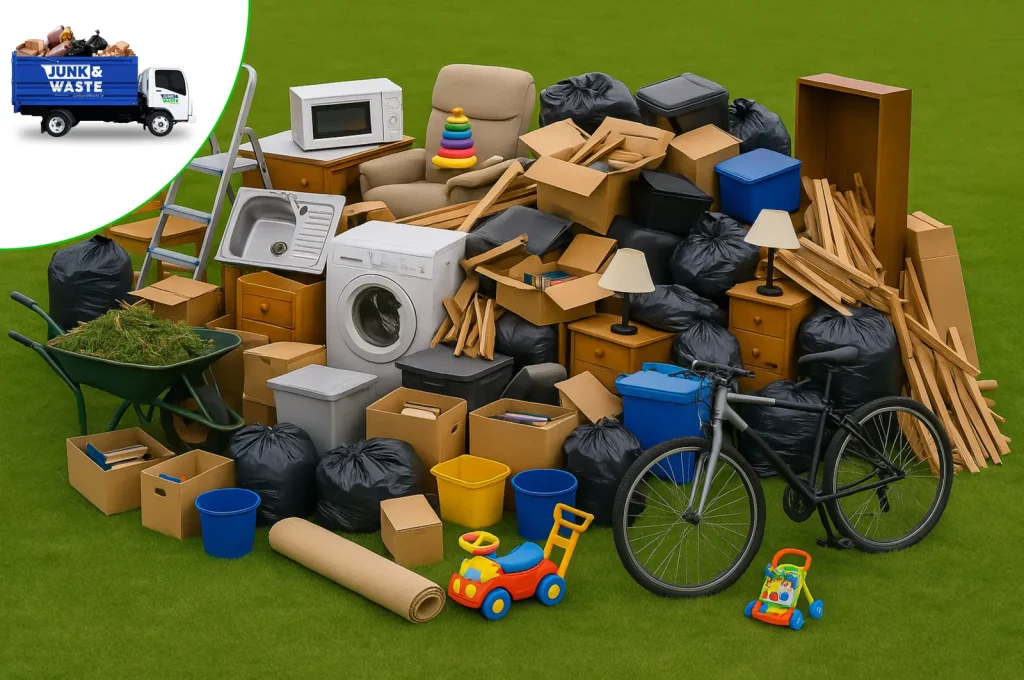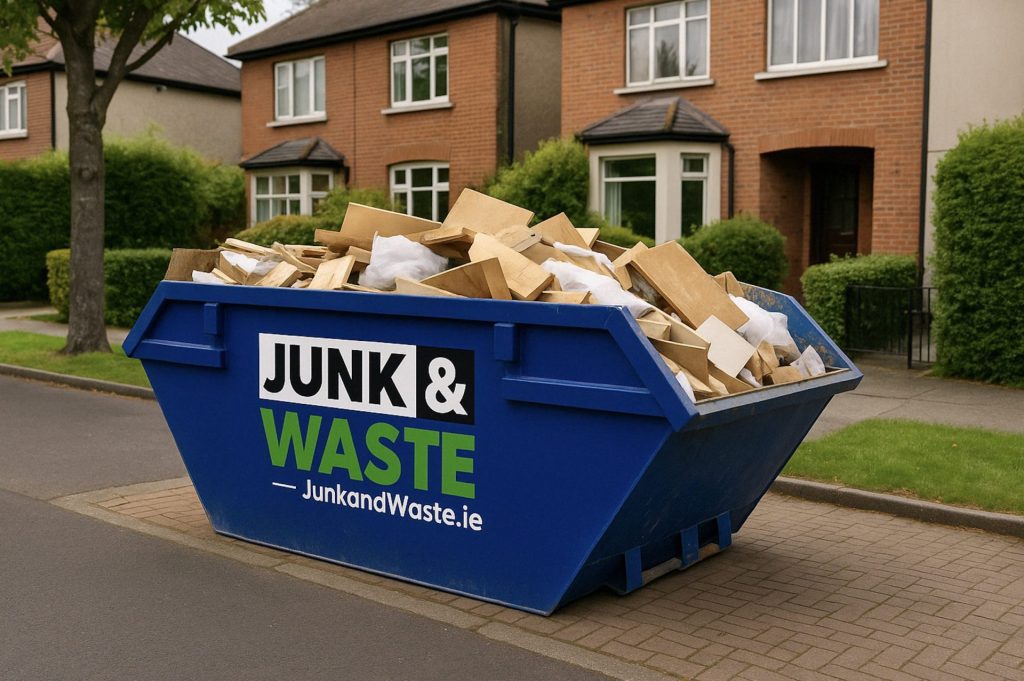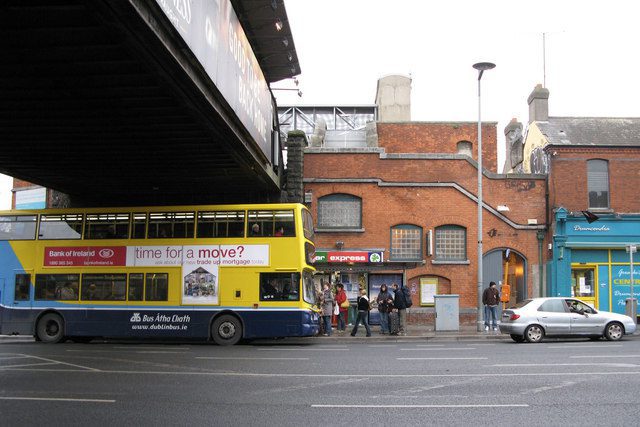Learn how to declutter and reclaim your time fast.
If you’ve never thrown anything away because it will “come in handy someday” or you can “use it for parts,” Yeah, when pigs fly.
Here’s a reality check: that ‘someday’ rarely comes and those random things you don’t want to get rid of just yet will just end up in your pile of clutter. It’s not only cluttering your home but also cluttering your life.

Clutter Is a Thief in Disguise
For most people, having clutter around is almost as natural as breathing in a busy home. Most blame it on a hectic lifestyle, not having enough time to sort stuff out.
It starts small; you lose things in times of need because you’ll have to tear your house upside down first before locating that object.
A study conducted by a UK-based insurance company says an average person spends 3,680 hours (or 153 days of their life) searching for misplaced items. That’s five months of your existence, crawling under couches and retracing your steps like a detective trying to solve the case of the missing sunglasses.
Here’s what else the statistics show:
- People (yes, you) lose up to 9 items per day
- That’s 3,385 objects per year
- And a staggering 198,743 items in a lifetime
Those usual items are phones, keys, paperwork, sunglasses, pens, and, *drumroll*, the TV remote
Clutter Steals Your Time (and Sanity)
Ever spend five minutes trying to find your favorite pair of sneakers, only to realize they’re buried under a random pile of stuff? Clutter turns easy mornings into frustrating treasure hunts. Not exactly the way to kick off your day.
Below are common clutter culprits that cost you time, plus quick ways to reclaim it:
- Lost Keys
You’re late. You’re panicking. You check the fridge (why?), your jacket, and under the couch. Next thing you know? You’re running late for work.
Have a designated drop zone for keys by the door. A small tray or hook will do wonders!
- Paperwork
Having a drawer stuffed with unorganized bank statements, bills and receipts doesn’t count as a filing system. You’d be sweating bullets if you needed to urgently find that recent proof of address someone is always looking for.
Organizing your documents and throwing away unimportant ones can save you space and time. Also, invest in labeled filing systems and make digital soft copies of your important documents!
- Closet full of ‘someday’ clothes
You know the ones. The old gym shirts you keep promising to wear again. Meanwhile, you end up wearing the same V-neck black tee on repeat.
To help you decide which clothes to actually keep, try the reverse hanger trick. Basically, you hang all your clothes backward and flip them forward only when used. After a month or so, see which clothes are still hanging backward and get rid of the rest by donating or selling.
- Stack of Spare supplies
Clutter hides what you actually need, especially when you’re doing art/DIY projects or fixing things around the house.
If you still have a box full of old electronic cords, random pieces of wood, or metal scraps, it’ll take you longer to find tools and supplies you really need.
To avoid this from happening, store your supplies in clear and labeled bins. It’ll help you clearly see which of your things are just scraps and usable.
- Double (or Triple) Buys
Clutter also creates the illusion of lack, and when you’re lacking something, the next step is to buy it just so you can finish your task. For example, you couldn’t find your tape measure so you bought one. After a couple of days, say when you’re doing your weekend cleaning, you’re most likely going to find your trusty old tape measure behind the shelves.
A little organization today avoids accidental shopping tomorrow. Try to keep like items grouped together in one labeled space.
- Back-and-Forth Runs
You forget your wallet because it’s not where it’s supposed to be. So you come back home. Then you remember you left your lunch on the counter because it was buried under a pile of scrap paper you promised to get rid of the night before. So you come back again (or not so you buy one, proving point #5).
When your home is disorganized, you waste time retracing your steps instead of living your life. It will help you save lots of time by dedicating a dedicated zone for your wallet, bag, lunchbox, and other essentials to ensure one smooth exit!
Clutter Can Be Dangerous, Too
Clutter doesn’t just waste time. It can create real health and safety concerns.
The phrase “a cluttered space is a cluttered mind” has been proven true by clinical studies. They found that cluttered homes spike cortisol (stress hormones), especially in women. If you notice your mom is hotheaded lately (yikes), you might want to start clearing out rubbish in your home.
Also, all that visual noise (the mess) reduces your brain’s ability to focus. This means clutter literally clouds your thinking!
Now for the physical risks. The EPA warns that storing even standard household waste improperly or for extended periods contributes to indoor pollution and hazardous living conditions. This includes old electronics, chemicals, or unused appliances that could spontaneously combust or release toxic substances over time.
So, if you’re still hanging onto broken gadgets, old batteries, and expired cleaning solutions “just in case,” it’s worth asking: Is this safe?

So, How Do You Start Decluttering?
Don’t wait until you’re drowning in stuff you don’t need. The good news is: Decluttering is a process. So, you don’t have to do it all in one day!
Start Small
Pick just one area. It could be your drawer, your closet, a shelf, or even a box.
Momentum builds motivation, so start small and work your way up.
Create Clear Zones
Set up four piles:
- Keep
- Donate
- Trash
- Not Sure (Set a 30-day timer on this one.)
Go all Marie Kondo if you want. Her process involves holding the item and asking yourself questions like, “Does this item actually bring me any joy?” and “Do I even use this?” It’s a simple way of assessing whether your things are truly clutter that needs clearing out or just needs some organization.
Hire a skip
If you have more stuff than your bins can handle, it might be time for a proper clear-out by hiring a junk removal service. Our team can provide you with skips to help you with responsible and efficient rubbish removal. Let us handle the mess while you enjoy your space again!

What has clutter stolen from you?
Time? Energy? Your last good pen?
Clutter might feel harmless, but it quietly eats away at your freedom. It keeps you stuck and delays progress. Worst of all, it disguises itself as “sentimental” or “useful” when, in reality, it’s just dust-covered stress.
The reason why most people have a hard time decluttering is because sometimes, it isn’t just about the stuff but the thought of letting go. Which is why clutter can contribute to mental noise. An uncluttered space creates breathing room for more focus and less stress at home.
Ready to Reclaim Your 153 Days?
Cluttering is a habit. It’s one of the things people do when life gets hectic, so they’ll toss things on a clutter pile that they’ll “get back to later.” But often times, life comes in the way and that pile just grows taller every day.
But decluttering is also a habit. Starting small, doing regular clear-outs, and getting help from skip hires can save you time and energy while keeping your home clean.
If you need help in clearing out your clutter so the next time you find your keys, it’ll just take two seconds flat, reach out to our team.
